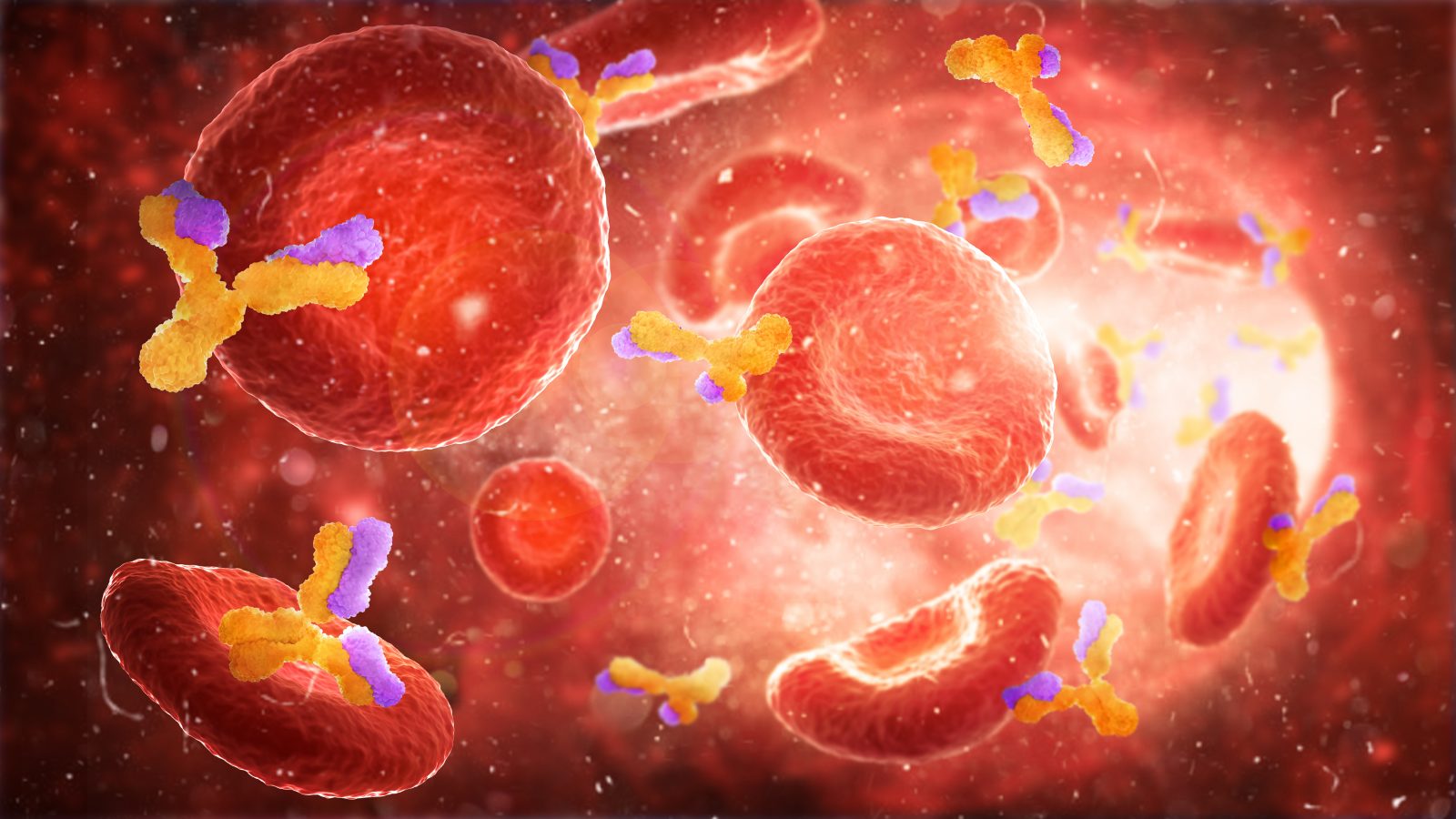On this episode of ID the Future, Zombie Science author Jonathan Wells talks about his multifaceted, impressive and, at times, quirky educational history. Dr. Wells started as an undergrad geology major at Princeton and later moved to Berkeley to finish his undergraduate work. He was arrested as a conscientious objector and saw the ugly side of the anti-war movement. Disgusted, he moved to the remote mountains and there discovered evidence of intelligent design. After snagging a Ph.D. in theology from Yale, he returned Berkeley for his second Ph.D., this one in embryology. It was in studying embryos that Dr. Wells came across his first Icon of Evolution, Haeckel’s embryos. More icons soon followed. These and the dogmatism of the scientific materialists are explored in his newest book, Zombie Science: More Icons of Evolution.
Read More ›






